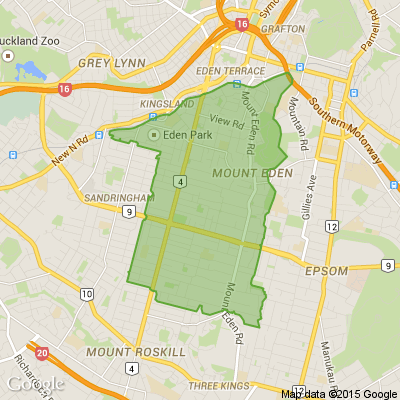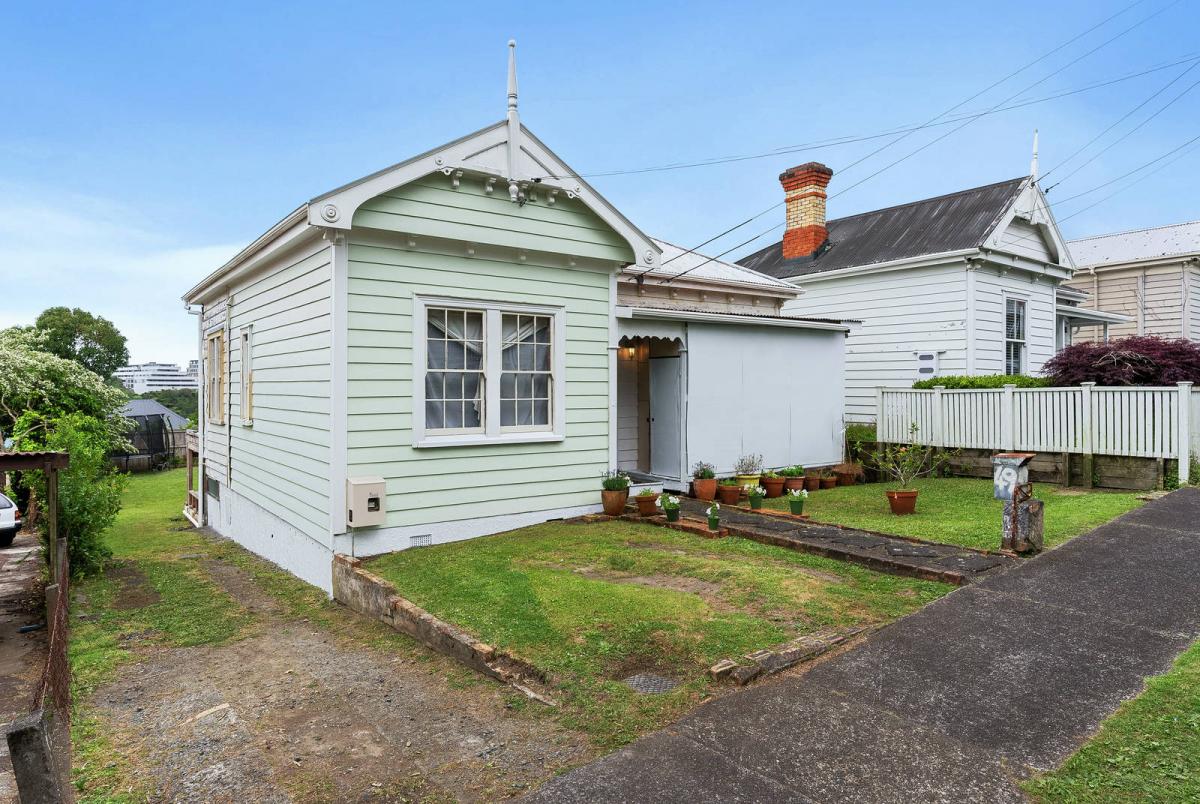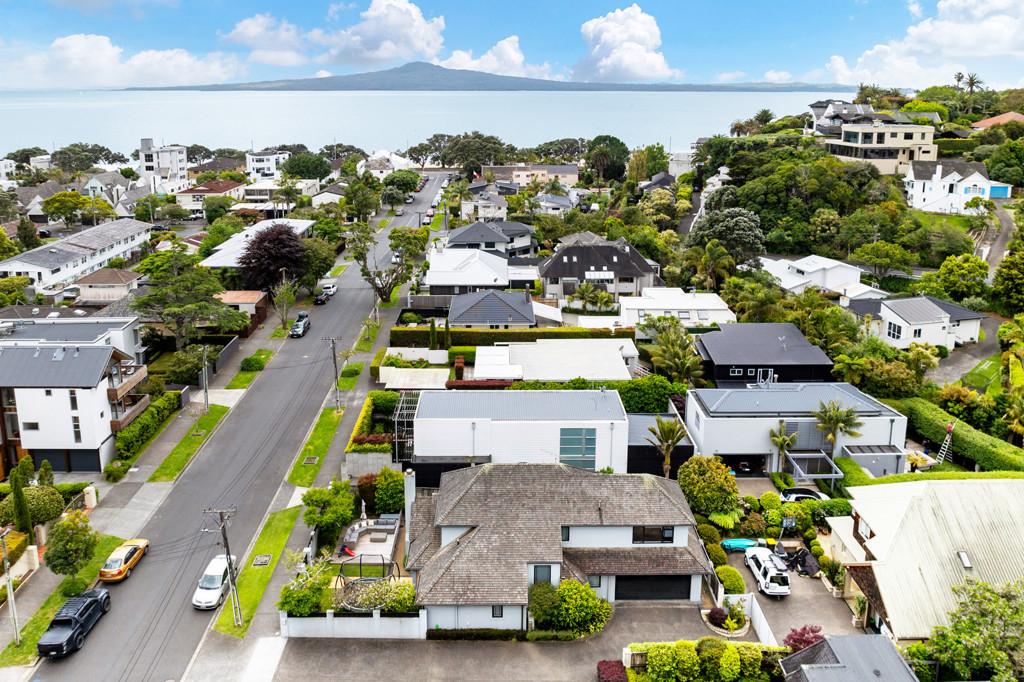Mayor Wayne Brown’s cost-cutting budget leads to 400 job losses
The Herald understands council chief executive Jim Stabback will announce about 200 job losses later this week as part of “becoming a leaner organisation”.
The job losses at the council are in addition to the announcement that 150 jobs are going at Auckland Transport, 16 at the property arm Panuku Development Auckland and an unknown number at the council’s events and economic development agency Tātaki Auckland Unlimited.
A Tātaki spokesman said there are regular conversations with staff and the picture will become clearer in the coming weeks.
The number of job losses at Tātaki could depend on push-back from the board and management at a directive from Brown to slash $44 million from its budget.
The job losses will come as Brown seeks to make cuts to address a $325m budget hole, while also publicly calling for the sale of the council’s Auckland Airport shares.
The union representing council employees, however, says canning staff during a cost of living crisis is “not the way to treat loyal workers whose livelihoods are at stake”, while also holding concerns about a drop in public service quality.
Stabback has previously said the changes at Auckland Council will be a mix of senior roles where, for example, teams or functions will be merged, and structural changes to achieve efficiency. Some of the job losses will come from not filling vacant positions.
“I have long signalled that becoming a leaner organisation more sharply focused on the future would require a reduction in the workforce,” he told staff last month.
The council employs about 7200 staff with an annual wage bill of about $530m.
A council spokeswoman said a “revised change proposal” will be outlined later this week based on feedback from consultation with staff.
The council-wide job cuts are a response to Brown’s growing budget hole and “path to financial sustainability” through a mix of measures, including cutting spending, trimming services and demanding better performance from the chief executives and boards of council organisations.
Last week’s announcement that the budget hole has increased from $295m to $325m, and storm-related costs have risen to $50m, increases the pressure on council bosses to cut their cloth.
The job cuts come during the painful cost of living crisis with the Reserve Bank forecasting higher unemployment, food prices rising 12.1 per cent year-on-year, and Kiwi families facing the prospect of a hard-hitting interest rate crunch as mortgages come up for renewal.
Last month, Auckland Transport (AT) said about 150 of the 2000 jobs would go as it faces a $25m cut to its budget. Feedback closed on May 3 and final decisions will be made by the end of this month with changes taking effect from July 1.
At Panuku Development Auckland, 16 positions have been lost. Most of the staff affected have left and the remainder will be gone by July 1.
Panuku chief executive David Rankin said the priority continues to be supporting staff through a difficult and challenging time, adding that out of respect for those affected there would be no further comment.
Public Service Association (PSA) national sector leader Ian Gordon said the union is concerned about the cuts and the effect they will have on a wide range of council functions, including community services, Māori and Pasifika, libraries, and arts and culture.
“Our members are reporting that workloads are pretty extreme at the moment and that will be exacerbated,” he said.
Gordon said that after five rounds of change at the council over the past three or four years, staff are used to the process but suffering from change fatigue.
PSA assistant secretary Bronwynn Maxwell last month called for AT to slow down and undertake proper consultation instead of a 10-day consultation period.
“This is not the way to treat loyal workers whose livelihoods are at stake. We think at least a month would be fair in the circumstances.
“It all smacks of a headlong rush to cut costs and satisfy Mayor Wayne Brown’s austerity drive when the position of our members should be front and centre in what is a major restructuring of the Auckland Transport workforce,” Maxwell said.
The PSA represents about 3800 staff across the council group.
At Tātaki Auckland Unlimited, the board and chief executive Nick Hill are fighting a proposed budget cut of $44m put forward by Brown in a letter outlining what he expects from the agency over the next three years.
In a written response, board chairwoman Jennah Wootten and Hill said they will find savings of $27.5m but the board is not comfortable supporting the other $16.5m of savings without further discussions with the mayor and councillors about priorities.
To cut $44m, they said, would mean stopping all economic development activity except spending tied to assets and facilities. That would leave Auckland as the only major city in New Zealand without an economic development agency.
A mayoral spokesman said Brown has discussed the concerns with Tātaki, saying they are still under review and no decisions have been made yet.
The other council agency, Watercare, is not affected by the budget hole and has no plans for job losses.
========================================================
www.nzherald.co.nz...
========================================================
The Influence of the Whānau - Day 9
In a small Māori pā (village) nestled beside a flowing river, a young boy named Rangi lived with his whānau. Rangi was curious and adventurous, always exploring the ngahere (forest) and listening to the stories of his kaumātua (elders). The kaumātua would often remind him, “He waka eke noa”—we are all in this together, and our actions affect the collective.
Rangi's best friend, Manu, was a clever boy but sometimes made poor choices. Manu had recently begun spending time with a group of older boys from another pā who were known for their reckless behavior. They would waste kai (food), leave rubbish in the ngahere, and even disturb the sacred awa (river) by throwing stones at eels.
One day, Manu invited Rangi to join the group, saying, “Come on, Rangi! They’re fun, and they won’t hurt anyone. We’re just having a good time!” Unsure, Rangi agreed, feeling pressure to fit in.
The group’s leader, Matiu, proposed a game: they would sneak into the kaumātua's kumara patch at night and take some for a "feast." Rangi hesitated. He remembered the kaumātua saying how much work went into growing the kumara, with karakia (prayers) and care for the soil. But he stayed silent, feeling outnumbered.
That night, the group raided the garden. As they laughed and ate the stolen kumara by the fire, Rangi felt uneasy. He realized that this was not who he wanted to be. When he saw Manu’s joy in impressing Matiu, Rangi felt torn but remained quiet.
The next morning, the kaumātua discovered the missing kumara and the trampled garden. They called the entire pā together, expressing sadness, not anger. “Our ancestors teach us that the whenua (land) provides for all of us, but only if we treat it with respect,” said one elder. “When we harm the whenua, we harm ourselves.”
Rangi’s heart sank. That evening, he confessed to the kaumātua and his whānau, explaining everything. To his surprise, they did not scold him harshly. Instead, they said, “He tangata tītoki, he tangata rākau—a person is like a tree; they grow straight when supported by others. You must choose companions who uphold the values of your whānau and whenua.”
Rangi decided to distance himself from Manu’s new group and instead spent time with those who respected the land and upheld the teachings of their ancestors. Over time, he encouraged Manu to rejoin him, and together they worked to rebuild the kumara patch, learning from the kaumātua.
---
Moral
This story highlights the importance of right company and like-mindedness. It shows that no one is inherently bad, but the influence of others and the situations we choose can lead us astray. Surrounding ourselves with those who uphold values like respect, care, and collective well-being ensures a life of balance and harmony.
Ka mua, ka muri — by learning from the past, we can walk into the future.
Poll: When should the tree go up? 🎄
From what we've heard, some Christmas trees are already being assembled and decorated.
What are your thoughts on the best time to get your Christmas tree up?

-
4.7% Second half of November
-
43.6% 1st December
-
17.6% A week before Christmas
-
33% Whenever you wish
-
1.1% Other - I'll share below
Today’s Riddle – Can You Outsmart Your Neighbours?
First you eat me, then you get eaten. What am I?
Do you think you know the answer to our daily riddle? Don't spoil it for your neighbours! Simply 'Like' this post and we'll post the answer in the comments below at 2pm.
Want to stop seeing riddles in your newsfeed?
Head here and hover on the Following button on the top right of the page (and it will show Unfollow) and then click it. If it is giving you the option to Follow, then you've successfully unfollowed the Riddles page.










 Loading…
Loading…











